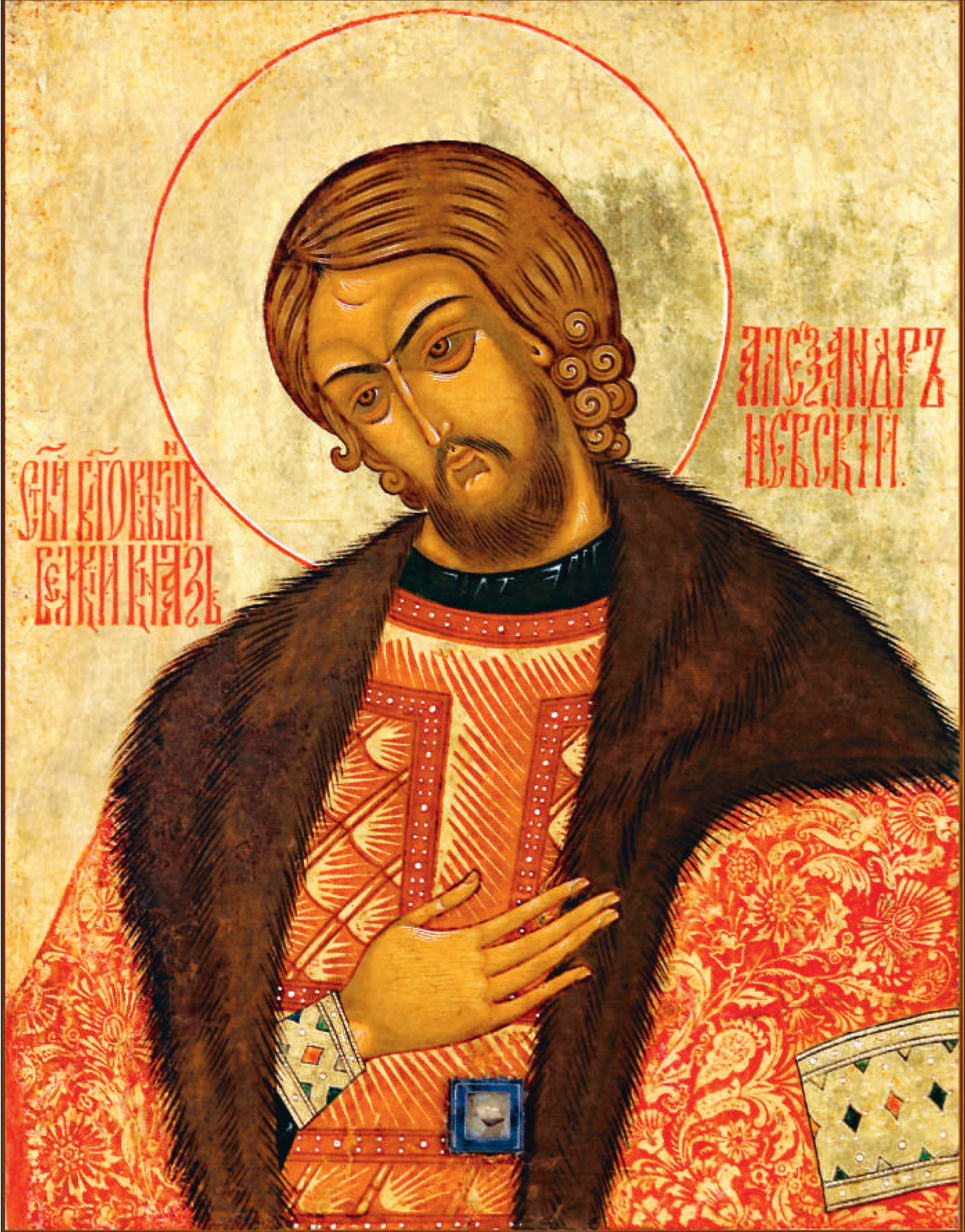The dozen 'names of Russia' which epitomise the country?
 It is not just in Britain that governments like to indulge in a spot of identity navel gazing. In Russia a Kremlin sponsored competition has been taking place in order to establish the ‘Eemya Rossiya’ or ‘Name of Russia’. The premise was that one name, popularly chosen, should emerge which peculiarly embodies Russia’s culture and history. It is the type of initiative which you might expect Liam Byrne to endorse as part of ‘Britain Day’.
It is not just in Britain that governments like to indulge in a spot of identity navel gazing. In Russia a Kremlin sponsored competition has been taking place in order to establish the ‘Eemya Rossiya’ or ‘Name of Russia’. The premise was that one name, popularly chosen, should emerge which peculiarly embodies Russia’s culture and history. It is the type of initiative which you might expect Liam Byrne to endorse as part of ‘Britain Day’.The Russian competition has been attended by controversy. Stalin was included in the initial long list of 500 names, suggested by the organisers. Indeed the Soviet dictator would have finished second in the poll, had he not been stripped of one million votes due to alleged vote rigging on the internet. Whether this can be ascribed to genuine vigilance on the part of the pollsters, or an attempt to sanitise an embarrassing verdict by the Russian people, the Georgian eventually finished twelfth, which in itself exposes Russia’s ambivalent attitude to its most brutal recent leader.
Eventually it was a more distant historical figure who became ‘Name of Russia’. Alexander Nevsky was Grand Prince of Novgorod in the 13th century. He repelled invaders from Germany and Sweden whilst containing the Mongol Horde through diplomacy. Nevsky became a pivotal figure in Russia’s national story and underwent canonisation by the Orthodox Church. The country’s most famous street, Nevsky Prospekt in St Petersburg, bears his name.
Russian literature occupies the second and third places on the list. Alexander Pushkin is Russia’s national poet, enjoying a status commensurate with that of Shakespeare in Britain. Dostoevsky’s intense, psychological novels epitomise an outlook which is self-consciously and distinctly Russian. It is not surprising that a Slavophile writer has performed so well in a poll taken in the present climate. Of course he is also one of the greatest figures ever to grace literature, in any language, which also boosts his credentials. Tolstoy surprisingly does not make the list.
Other political figures included in the list certainly do not appeal to western sensibilities. Peter I built Russia into a European power, but his methods were frequently brutal. He has been voted in at number 4, whilst Lenin will also be a controversial choice at 5. Ivan the Terrible commands eighth spot and represents another strong, but cruel leader, whilst the Tsar-Emancipator Alexander II is a less contentious choice. Also included are Alexander Suvorov, whose victories in the Napoleonic Wars secured him hero status in Russia, Catherine the Great and Pyotor Stolypin, the Prime Minister some believe might have helped Russia become a modern state and avoid the excesses of Bolshevism, had he been backed wholeheartedly by Nicholas II.
Just above Stalin, at number 11, lies Dmitrii Mendeleev, who bequeathed to scientists (and schoolchildren everywhere) his periodic table. The list graphically demonstrates that Russian people do not share the outlook and the imperatives which are often prescribed for them by western commentators.
Comments